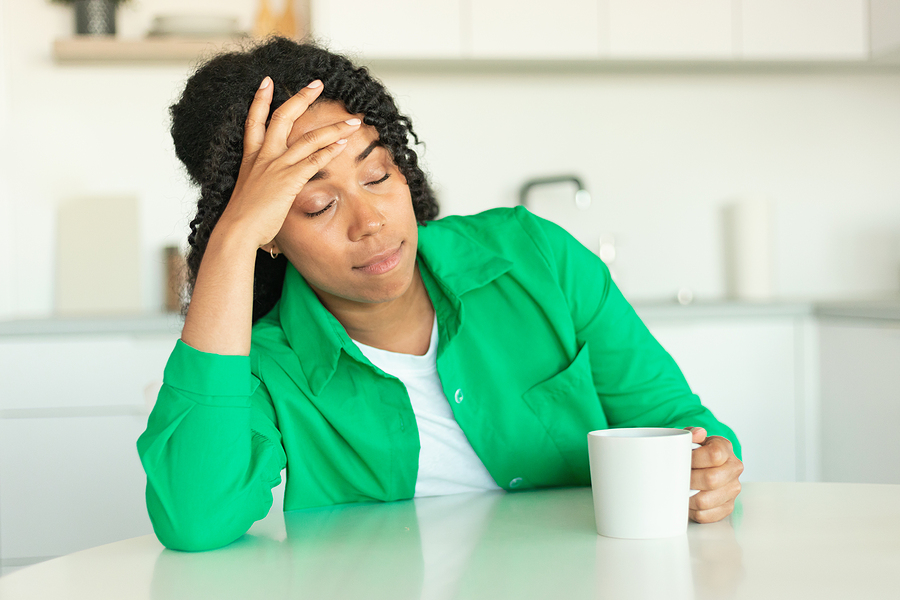Coffee is practically an American ritual—over half the nation's population kicks off their day with a warm cup of coffee. An average 8-ounce cup of coffee contains up to 100 milligrams (mg) of caffeine, a stimulant that can make you alert and boost your energy levels. This is why many people use coffee as part of their morning routines to help them feel awake and ready for the day.
Related Blog: How Does Nutrition Affect Sleep?
However, not everyone feels alert after drinking coffee and some may even feel more tired. But why would coffee make you tired? The answer lies in how coffee interacts with your body.
Sugar Crash
If you sweeten your coffee, you may experience a sugar crash after drinking it. The sugar is quickly absorbed into your bloodstream, causing a rapid increase in your blood sugar levels. This gives you a sudden burst of energy or a "sugar high." The body then responds by releasing more insulin which quickly lowers blood sugar levels causing a "sugar crash" that leaves you fatigued and with low energy.
Tolerance Buildup
Drinking coffee will improve mood and increase alertness. But when the body gets used to the effects of caffeine, it builds up a tolerance. Therefore, you will need to take more coffee to enjoy the stimulating effects. However, increasing your coffee intake to counteract tolerance can work against you. You may experience side effects such as disrupted sleep patterns, increased heart rate, and jitteriness. Also, if you abruptly stop or reduce your coffee intake after developing tolerance, you may experience withdrawal symptoms, such as fatigue, headaches, and irritability.
Sleep Deprivation
Sleep deprivation is a big problem among Americans, with most people sleeping for less than the recommended hours per night. Drinking coffee to remain active is not a sufficient substitute to sleep. Consuming more caffeine to avoid dozing off may delay the need for sleep, but ultimately, it can disrupt your sleep that night leading to a vicious cycle. Because you feel more tired, you drink more coffee, but that coffee disrupts your sleep, leading to more tiredness in the long run.
Blockage of Adenosine Receptors
The brain produces adenosine chemicals to slow down brain activity as you prepare to sleep. When you drink coffee, caffeine molecules bind to adenosine receptors, keeping the brain active. However, while caffeine is blocking adenosine receptors, the brain continues to generate new adenosine molecules. So, after the body absorbs the caffeine and its effects wear off, these freshly produced adenosine molecules bind to their receptors, leaving you sleepy.
Limit the Fatiguing Effects of Coffee
If you feel tired or sleepy after drinking coffee, you can limit the fatiguing effect of caffeine by staying hydrated, cutting back on added sugar, moderating coffee intake, and getting adequate sleep. But did you know sleeping for more hours does not guarantee restorative rest? Your sleep quality matters too which means you may be in need of a new mattress.
At Land of Sleep, we are the leading supplier of quality mattresses in Florida from the North Port area to Bradenton to Venice and Sarasota. Visit us at one of our locations and we can help you find the perfect mattress!




